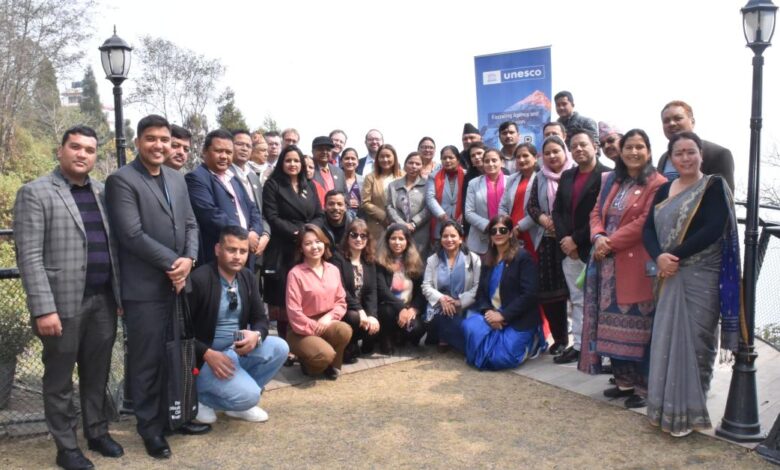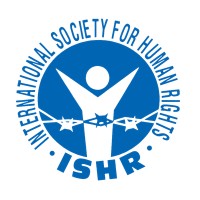Navigating Nepal’s Media landscape: Nepali Federal Parliamentarians committed to International Human Rights obligations to Freedom of Expression, Access to Information and Press Freedom

“As a cornerstone of democracy, freedom of expression empowers citizens to participate and hold governance accountable. Recognized in the UDHR and ICCPR, this right is vital for Nepal, a nation committed to upholding it,” stated Rogier Huizenga, Manager of the Inter-Parliamentary Union Human Rights Programme. “Nepal’s lawmakers have a unique responsibility and opportunity to reflect the principles of international human rights law and demonstrate these commitments in the proposed media bills,” he added.
Nepal ratified UDHR and ICCPR in 1991 reflecting its commitment to respect the civil and political rights of individuals. Articles 17, 19, 27, and 28 of Nepal’s constitution ensure fundamental rights for its citizens including freedom of expression, right to communication, access to information, and the right to privacy.
James Lawless, an Irish parliamentarian who chairs the Human Rights and Justice Committee of the Irish Parliament, offered insights into Ireland’s laws regarding media and platform regulation. Nepal’s lawmakers interacted with him on how they could implement the successful practices that they have implemented.
As part of its mandate, UNESCO actively collaborates with Member States worldwide to promote freedom of expression, access to information, and safety of journalists. Last month, UNESCO organized a similar workshop for Nepali judges, focusing on international standards concerning these issues through its Judges initiative, which has trained over 35,000 judicial actors from 160+ countries. This workshop for lawmakers in Nepal serves as an extension of these efforts to sensitize important stakeholders within the country. These initiatives are supported by the Multi-Donor Programme on Freedom of Expression and Safety of Journalists.
Source link




